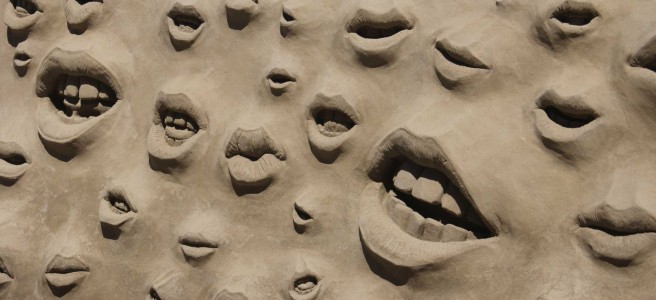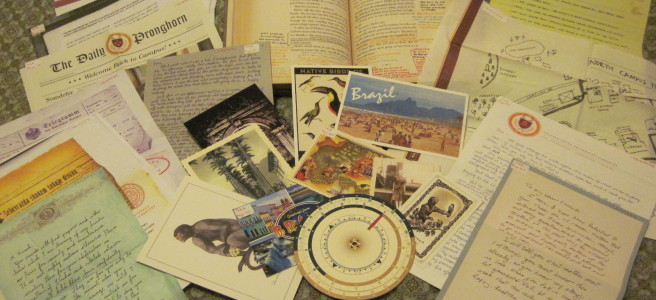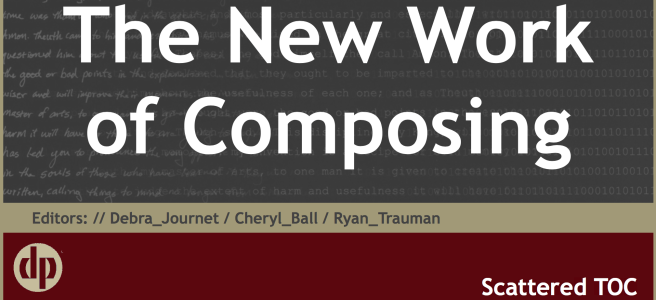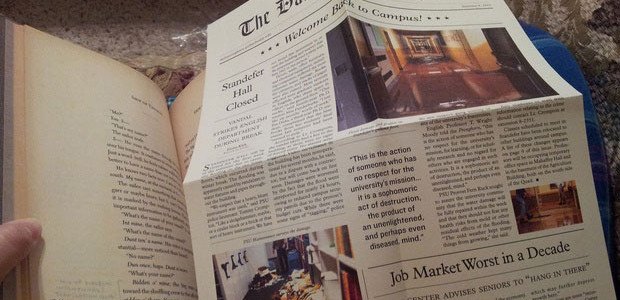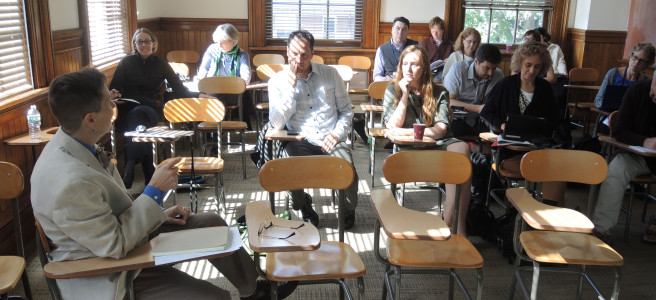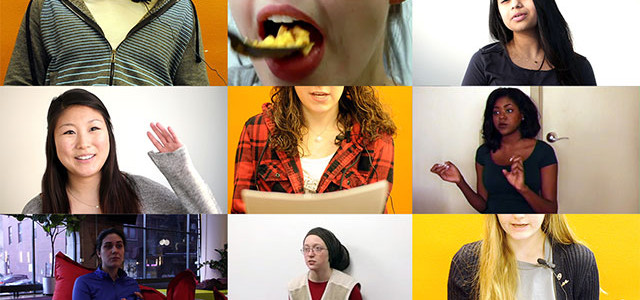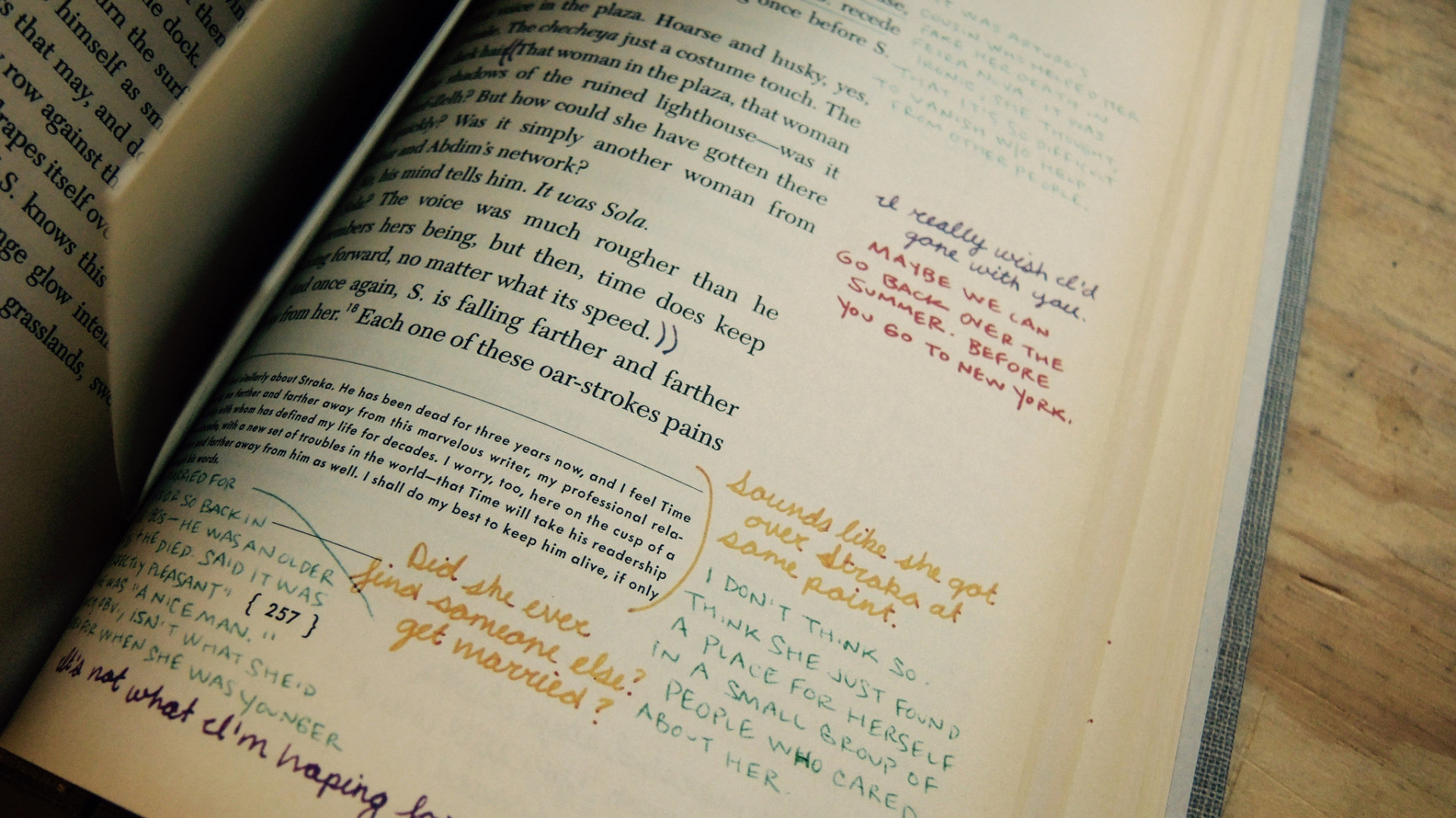In this episode, we offer two segments and spotlight three excellent texts.
In our first segment, we continue our discussion of S., the experimental novel by J.J. Abrams and Doug Dorst. As we reflect on reading chapters 7,8,9, and an “interlude,” we return to some of the main themes of the book: scholarship, love, identity, documentation, and collaboration. It’s such an amazing book. You should really get yourself a copy, start reading it, and keep listening to us talk about it.
In the second half of the episode, Ames and her frequent collaborator, Phil Bratta have a conversation about participating in a radical dance workshop with Guillermo Gomez Pena and Sara Shelton Mann this past summer.
And between these two segments, we want to point your attention to three excellent texts we’ve been reading and thinking about lately:
- “Crafting Malfunction: Rhetoric and Circuit-Bending” by Steven Hammer and Aimee Knight. (from Harlot of the Arts).
- “Buy-It-Yourself: How DIY Got Consumerized” by Elizabeth Chamberlain (from Harlot of the Arts).
- “Glitching Out with Casey Boyle” from the podcast, Rhetoricity, by Eric Detweiler.
This episode is available for direct download here.
Check out the podcast on iTunes and subscribe here.
More Links:
- La Pocha Nostra – from Gomez Pena
- Guillermo Gomez Pena – Wikipedia entry
- Sara Shelton Mann – Home page
Do have other relevant links or resources to contribute? Please tweet them at us: @trauman or @amesthehawk or with the hashtag #MastersOfText.

